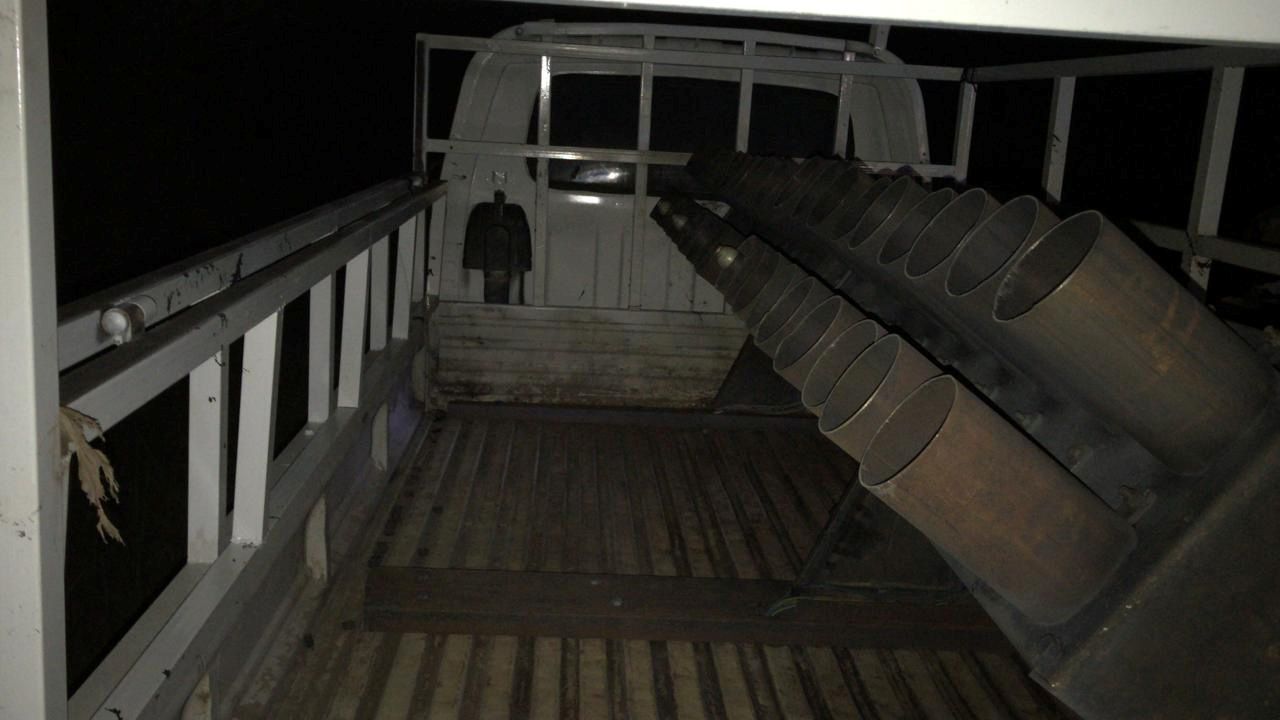Non-coronavirus news: Brazilian streets, US-Iran provocations, and a cool breeze
Bolsonaro's supporters take to the streets On Sunday, supporters of far-right Brazilian president Jair Bolsonaro will hit the streets to vent frustration with what they see as efforts by the Congress and Supreme Court to "blackmail" the president's agenda. Bolsonaro has recently clashed with lawmakers over a tougher crime bill, as well as budget issues. Critics of the protests say they are an anti-democratic exercise meant to intimidate the legislative and judicial branches of government, and they point to calls for the closure of congress and the courts that have been widely shared on social media accounts that support the protests. Bolsonaro has egged on his followers, by sending a video made by protest organizers to hundreds of his associates. There has long been concern about the outspoken Bolsonaro's commitment to democracy -- he has spoken fondly of Brazil's period of military dictatorship (1964-1985) and expressed admiration for the regime of Chilean dictator Augusto Pinochet. We're watching to see how many people show up Sunday, and what broader effects the protests have on an already toxic relationship between the president and lawmakers.
Iran-US: the next round? Two Americans and one British serviceman were killed in Iraq Wednesday night when their military camp, north of Baghdad, came under intense rocket fire attributed to an Iran-backed militia. US officials cautioned that the death toll could rise after a dozen people sustained serious injuries in the strike, and US Defense Secretary Mark Esper warned Thursday that President Trump had authorized further responses: "All options are on the table," Esper said. Confrontations between Tehran and Washington, which have mostly taken place in Iraq, peaked in January when the US killed a top Iranian general. Now it looks like things are escalating again. A deadly coronavirus surge prompted Iran to ask the IMF for financial aid this week for the first time in six decades— a request the US can veto. Can Tehran really afford a major escalation with Washington?
The Wind: Everything about this award-winning German advert for wind power is brilliant. Everything. It's twelve years old, but new to us.
What We're Reading
Soothing the market panic: As global stock markets continue their swan dive, we wanted to offer something useful that we hope will reassure you. Check out this bit of common sense investment advice in the time of coronavirus...from VOX's estimable Matthew Yglesias.
CORRECTION: An earlier version of this piece incorrectly stated that the protests in Brazil are explicitly calling for the closure of Congress and the Supreme Court. The protest organizers have not officially made these demands, although many of their followers have. We regret the error and provide more context in the revised version of the piece.
